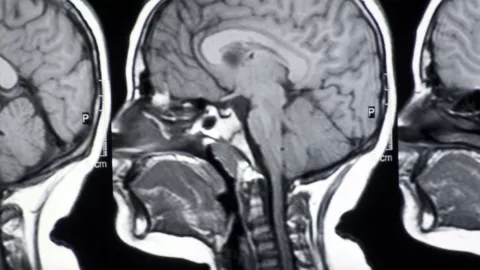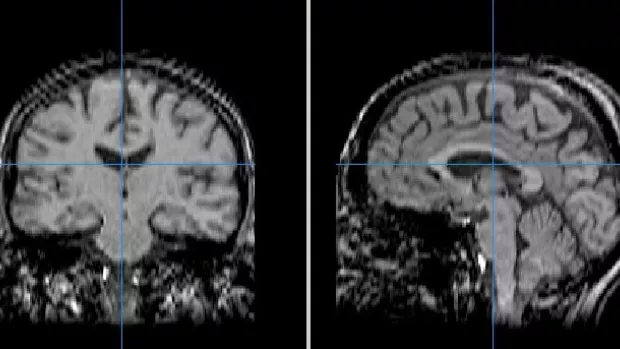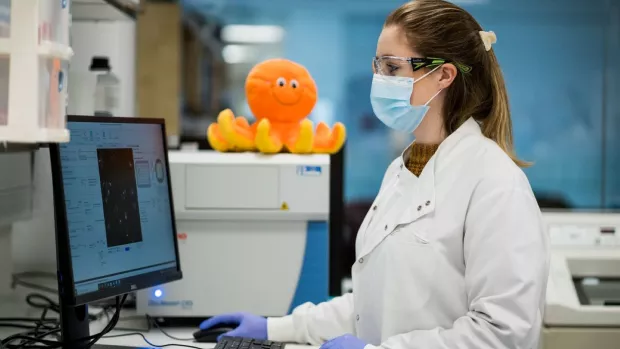
Predicting who'll develop secondary progressive MS
Research we funded has shown measures taken only one year after diagnosis can predict how MS develops thirty years later.
Researchers at University College London have published the results of a thirty-year study following 120 people who were diagnosed with clinically isolated syndrome (CIS) between 1984 and 1987.
People with CIS have experienced one episode of neurological symptoms and often go on to be diagnosed with MS.
Different MS courses
About two thirds of those followed up at 30 years had developed MS. And a key finding of the study was the variation in how each person’s MS developed.
After thirty years, the people taking part in the study could be largely divided into two groups:
- 40% continued to have a diagnosis of relapsing MS and remained fully mobile with no significant cognitive difficulties. This group were still employed or had retired at the expected age. This was true even though disease modifying therapies (DMTs) were not available in the 1980s and most people taking part hadn't taken any treatment.
- The other main group had higher levels of disability and had later been diagnosed with secondary progressive MS. People in this group also had a risk of a shorter life expectancy due to their MS.
Predicting 30 year outcomes
These outcomes could be predicted by a number of different measures taken within the first few years after a CIS diagnosis.
The strongest predictor of secondary progressive MS at 30 years was the location of lesions in the brain. This finding supports similar results from a recent 15 year study showing MRI scans could help predict MS progression.
The researchers found people who had no lesions in two specific areas of the brain one year after their CIS diagnosis had an 87% chance of having only minimal disability after 30 years.
Outcomes after 30 years could also be predicted by the number of brain lesions and to a lesser extent by EDSS scores. But other factors, like gender or age, did not influence outcomes.
Reducing uncertainty
Dr Karen Chung who led the study said: “One of the key findings is that, 30 years following diagnosis, some people have only minimal disability and worked until retirement age or are still working. This finding is exciting because conventionally we would have expected by far the majority to have developed progression.
"And even as early as one year following CIS, brain scans could predict who might follow this course, which is applicable in everyday clinical practice and could help inform DMTs decisions.”
Dr Susan Kohlhaas, our Director of Research, said: “Currently, when you receive a diagnosis, there’s no way of predicting how your MS will develop. This can be incredibly distressing and make decisions about treatment and life in general very difficult. So identifying early signs that indicate how your MS might progress is really important.
We’re proud to have funded this research and hope it will lead to people with MS having more certainty about the future.”
We're closer than we've ever been to stopping MS
Will you help us invest in research to find treatments for everyone?




